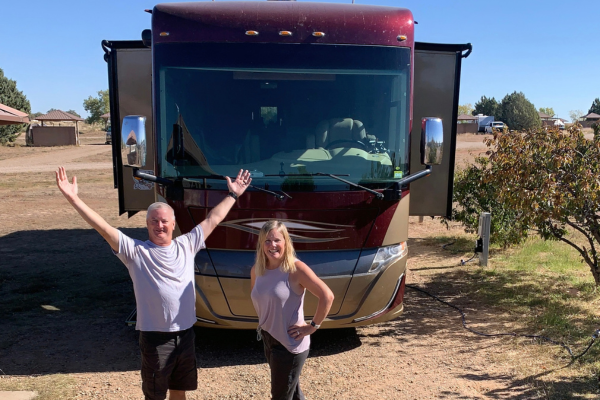
Living on the road can offer a sense of freedom and adventure, but it is essential to be aware that this lifestyle comes with its share of expenses. By shedding light on the anticipated and unexpected costs, we want to provide a comprehensive overview of the financial aspects involved in full-time RV living and things for you to consider if you’re looking into the lifestyle.
1.) Budgeting for an RV Lifestyle:
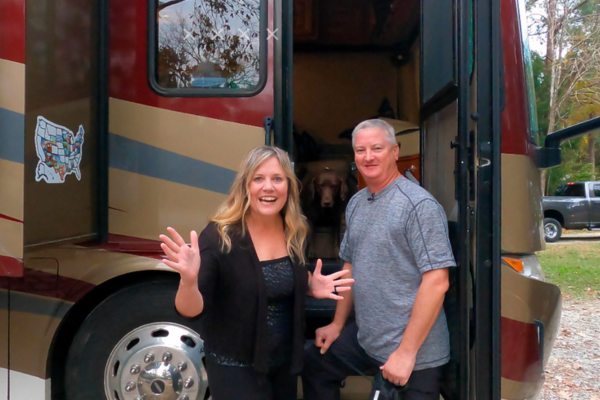
The first step in planning your RV adventure is establishing a realistic budget. Take into consideration regular monthly expenses such as food, fuel, campground fees, insurance, and maintenance. Additionally, factor in occasional costs such as RV repairs, upgrades, and unexpected emergencies.
2.) RV Purchase or Rental:

The largest upfront expense for full-time RV living is acquiring an RV. Consider whether to purchase a new or used RV, factoring in its initial cost, depreciation, and potential financing options. Alternatively, renting an RV offers a more flexible approach without the significant initial investment, but higher rental costs may accrue over time.
3.) Campground and Overnight Stay Fees:
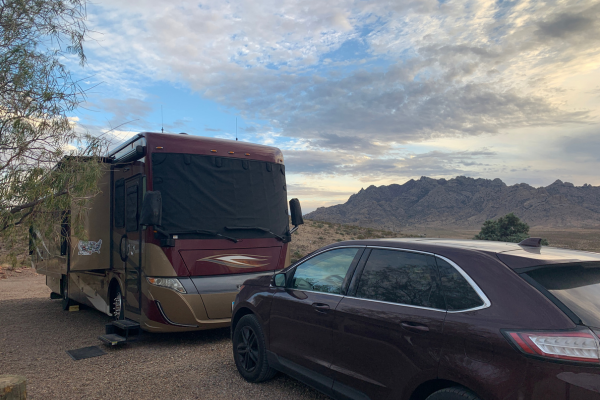
One cost to consider is campground fees, which vary depending on location, amenities, and time of year. Full-hookup sites (utilities included) tend to be pricier, but staying in national parks, state parks, or boondocking (camping off-grid) options can often be more affordable alternatives.
4.) Fuel Expenses:

Fuel costs are a substantial part of the RV living budget, especially if you have an extensive travel itinerary. While fuel prices fluctuate, having an estimation of your vehicle’s average miles per gallon will help determine your fuel budget. Planning efficient routes and slowing down, with weekly or monthly stays, can also help minimize fuel consumption.
5.) RV Maintenance and Repairs:
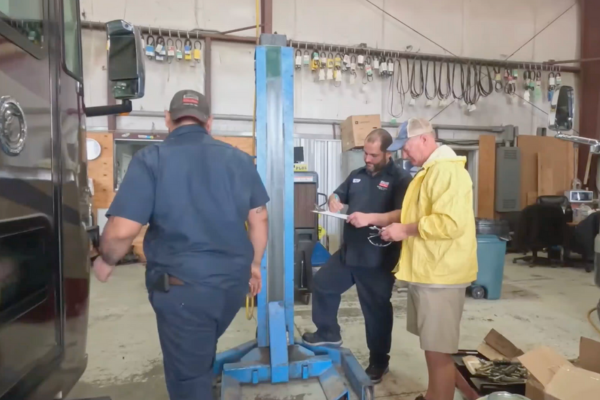
Maintaining an RV is vital for its longevity and optimal functionality. Regular oil changes, tire replacements, inspection fees, and preventive maintenance checks add up over time. Being prepared for unexpected breakdowns or repairs will offset the financial burden and minimize the impact of unexpected costs along your journey.
6.) Insurance and Registrations:
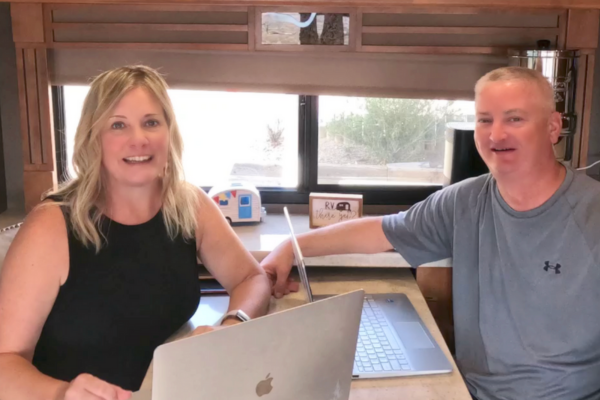
RV insurance and registration fees are essential for protecting your investment and complying with legal requirements. Coverage can vary, but policies typically include liability, collision, comprehensive coverage, and roadside assistance. Consult with insurance providers to find a plan that suits your needs and budget. Note that if you are full-timers, you want full-timers insurance.
While the freedom of full-time RV living is undoubtedly appealing, it is vital to understand the associated costs before embarking on this lifestyle. We hope this article helps you make informed decisions to set your own budget and ensure a more enjoyable, stress-free journey on the road ahead. With careful planning and a clear understanding of the financial implications, you can embark upon your full-time RV adventures with confidence.
Safe travels-
Joel, Deb & Maya
Chasing Our Sunshine ☀️
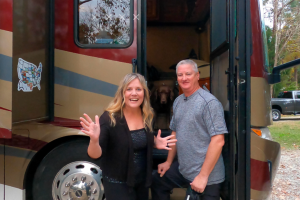
We are a full-time RV couple who recently retired from Law Enforcement, downsized and sold almost everything and have been traveling full time since October 2021. We share our adventures as we learn about RV life & cover RV travels, Finance, DIY RV projects, destination reviews, and other RV living details. We hope you join us as we document our adventures Chasing Our Sunshine throughout the country and beyond… Chasing Our Sunshine Joel, Deb & Maya. |


Give us newbies specific suggestions as to how to save ! Open roads for gas savings. Habitat for Humanity for rv park savings Strategies like longer stays or places you can colunteer for savings. Give us places or names of places from your best experience thanks Mike and Barbara
Excellent subject! Excellent choice of hosts to share valuable information that pertains to all of us coach travelers and full timers!
100% disabled Veteran. I’m looking to travel full time w a converted bus and pull behind. After bills for everything (payments insurance phones etc) we have 3k a month left over. Do you believe this is enough income to afford sites gas and food? Thank you!
Good article. One other subject I would like to know about. What’s the best state to use for home base address